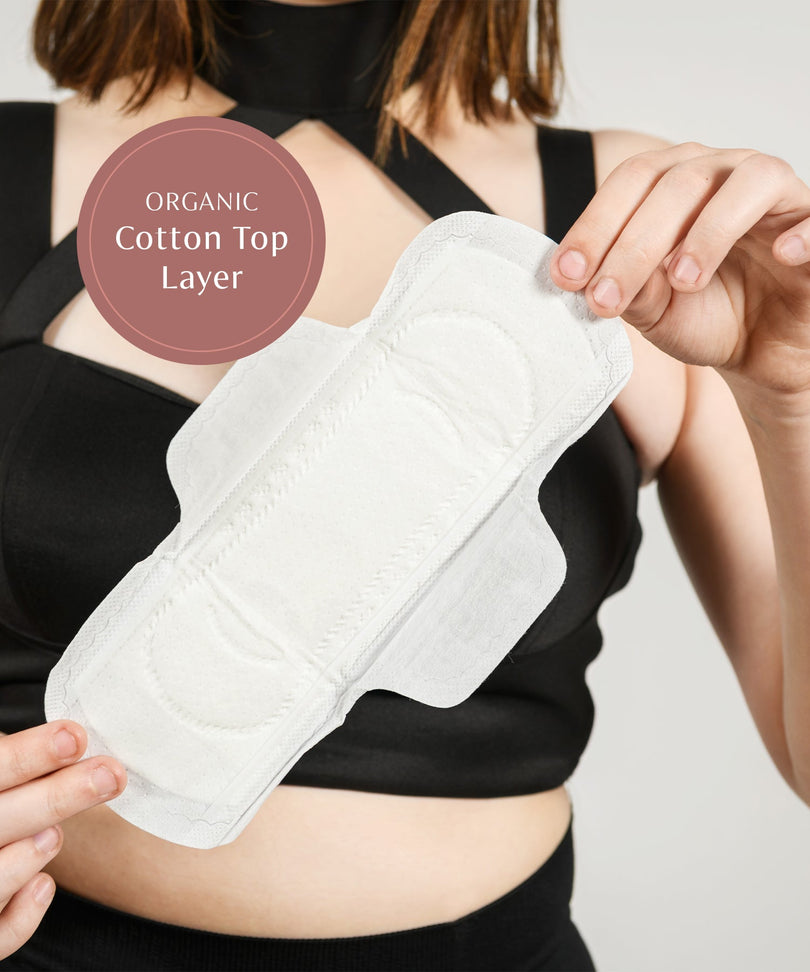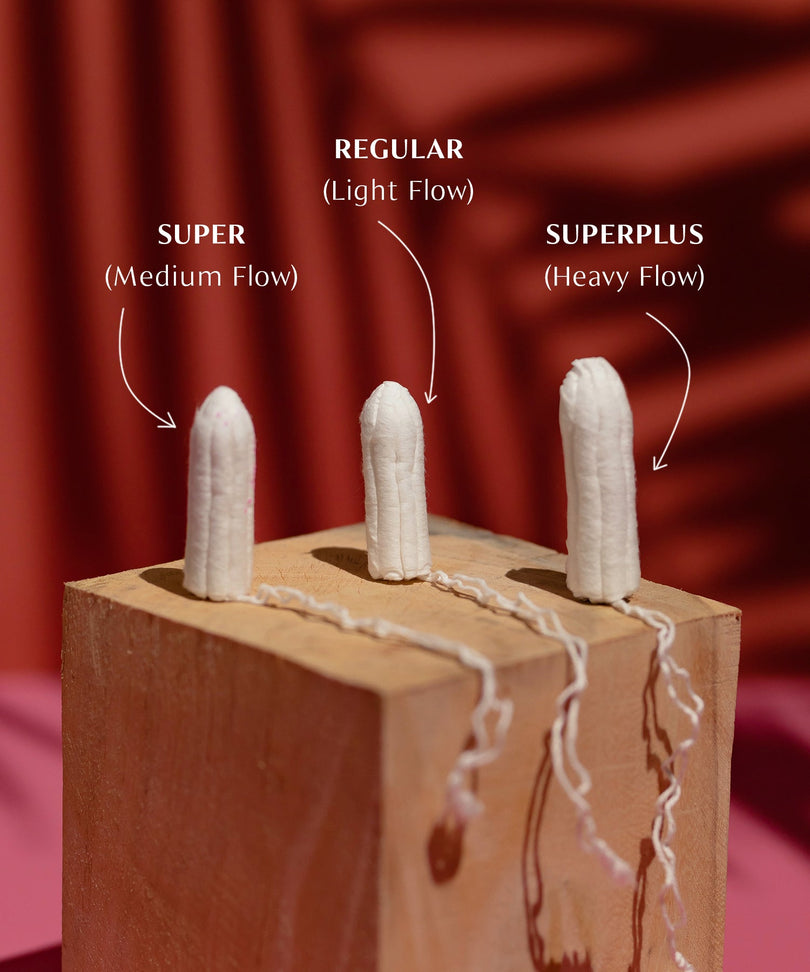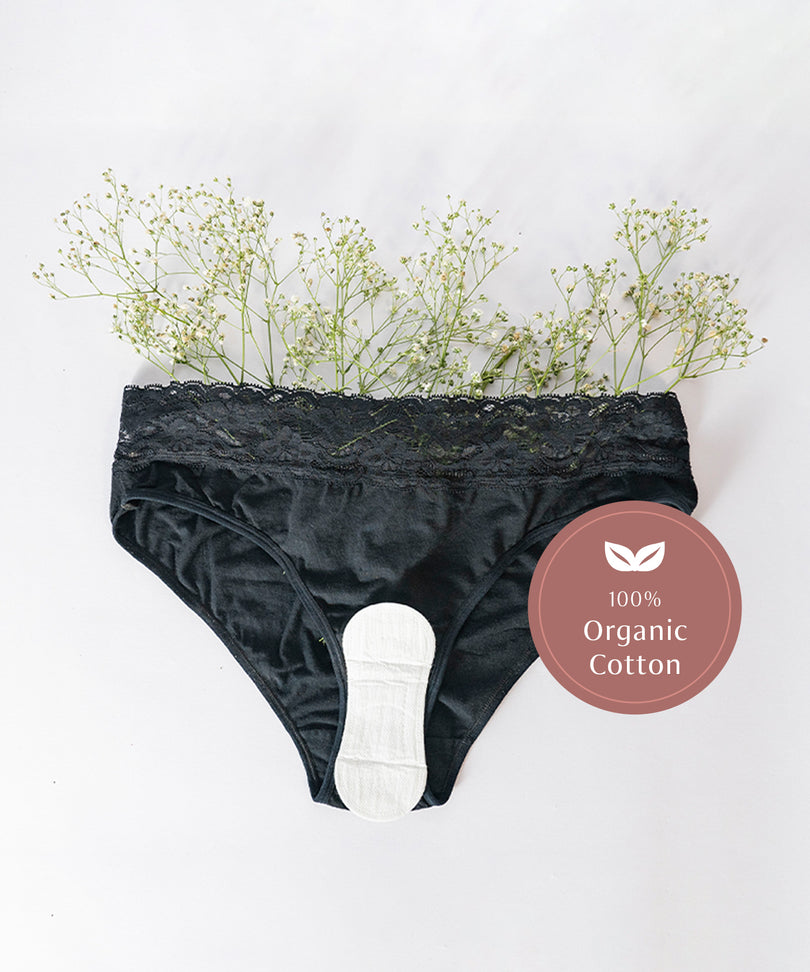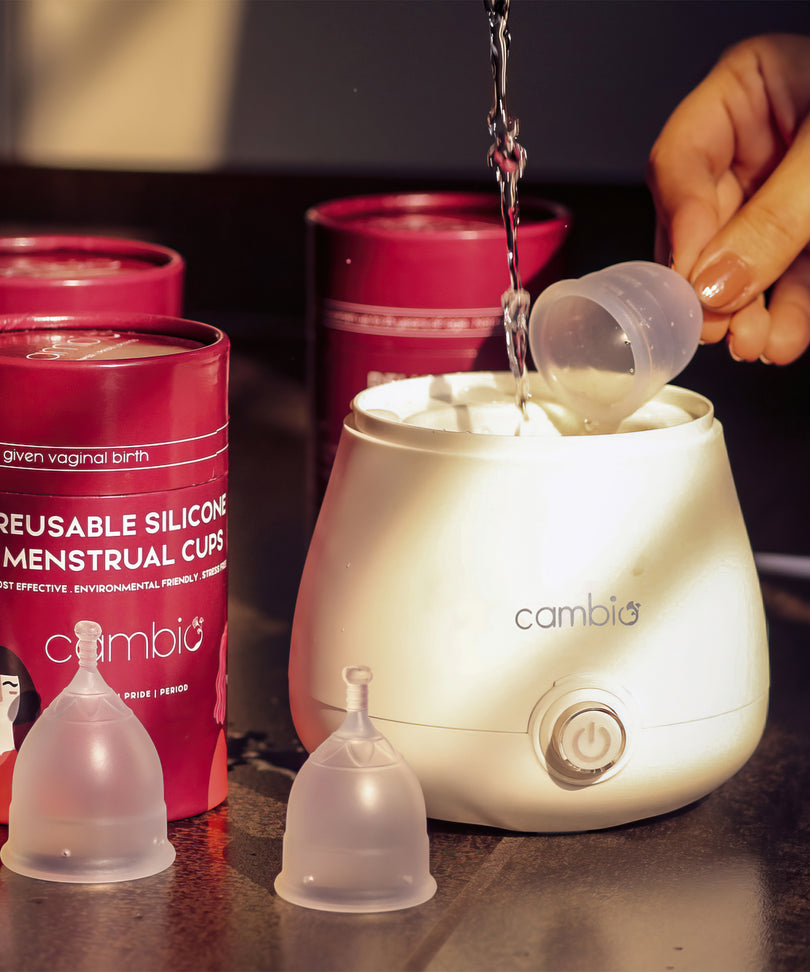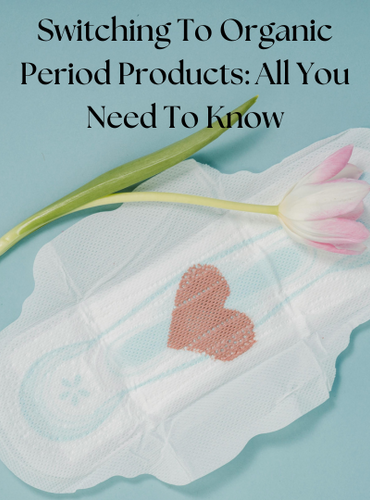Every woman who experiences menstruation has the right to bleed with dignity and privacy. Experiencing one’s menarche without knowing about menstruation, using a shared cloth rag to soak up one’s menstrual discharge, being isolated in a room with limited food during menstruation, using untreated and potentially contaminated water to clean one’s genitalia…
These are all unideal but very real circumstances that many women in rural areas of third-world countries face. The lack of menstrual hygiene is detrimental to the health, well-being, and capabilities of these women, which is why addressing the issue of period poverty is directly linked to uplifting women from marginalisation and discrimination.
The lack of awareness of menstrual hygiene has led to issues in different areas of life:
Education
According to the NFHS-5, 1 out of 5 girls quit school due to lack of access to hygienic menstrual products. Over 40% of girls skip school when menstruating either due to domestically imposed restrictions, lack of period products or adequate facilities in schools. This acts as a huge setback preventing girls from getting a quality education compared to boys and extends the vicious cycle that forces women only to take up domestic work.
Domestic Life/Stigma
Many cultural taboos and restrictions are imposed upon menstruating girls and women in rural India which include:
-
Isolating menstruating girls from the rest of the family
-
Restriction from entering shared spaces including the kitchen and areas of worship
-
Exclusion from celebrations and religious rituals
-
Imposing dietary restrictions and severely limiting food intake
-
Perpetuating beliefs that menstruation is dirty and impure
-
Discouraging any open discussion on menstruation and making efforts to hide it, even from family members
Also read - How is puberty celebrated in India?
Workforce
Since the lack of menstrual hygiene severely impacts the amount of girls able to graduate and pursue higher education, there is an increased gender bias in jobs that require extensive academic preparation, and leadership roles.
Among the women who are able to find work, there is a problem of absenteeism when they menstruate due to the lack of sanitation facilities and products that could have allowed them to continue working while menstruating.
Infrastructure
As of 2022, about 21% of schools in rural India had unusable toilets due to a lack of maintenance, and 2.9% had no toilets at all! When the attendance of female students is taken for granted, the matter of having access to clean toilets is not considered urgent. Therefore, access to safe and clean sanitation facilities and women empowerment go hand in hand.
Health
Poor menstrual hygiene practices increase the chances for developing UTIs, and vaginal infections in the short term, as the use of unclean cloths for prolonged periods creates an environment in which bacteria can thrive. In the long term, one is at risk for developing chronic conditions like menstrual disorders, cervical cancer, and infertility.
Improper disposal of sanitary pads or maintenance of used clothes creates a community health issue. The practice of sharing clothes increases the chances of spreading bloodborne diseases like Hepatitis B and HIV, especially if the clothes aren’t cleaned properly.
The disposal of used rags into water bodies contributes to the spread of diseases throughout the community as those water bodies may be used for bathing or washing clothes.
Also read - Can a UTI delay your period?
How can menstrual awareness help?
By increasing awareness about menstrual hygiene practices and debunking baseless and harmful cultural taboos, the position of women in society, particularly in rural India can be uplifted in the following ways:
-
Improved Health and Well-being - By following hygienic methods of period care and product disposal, women can avoid the risks of developing infections and long-term complications. The physical discomfort of using unhygienic rags can also be avoided. Self-care methods can help women learn to alleviate pain and discomfort. On a broader scale, better sanitation practices can improve public health and the spread of infections within the communities will greatly reduce.
-
Increased Educational Opportunities - A reduction in school drop-out rates among girls can help them secure a better position in life as they acquire uninterrupted formal education.
-
Boosted Confidence and Self-Esteem - Understanding menstruation as a biological process in place of a curse or an impure process can help break taboos that restrict menstruating women. Knowing how to effectively manage menstruation also helps boost one’s self esteem and allows one to confidently participate in school and work activities.
-
Economic Empowerment - As women are able to pursue education and stay at work when menstruating, they will be more productive and independent from an economic standpoint. This will also allow them to afford better menstrual products among other necessities.
-
Social Inclusion - Stripping menstruation of its “impure” status can help allow menstruating women to participate in social activities including cultural traditions, family events and work opportunities
Also read - Affects of periods on mental health
What can be done?
-
Integrating Menstrual Hygiene into School Curriculums - Schools can provide an age-appropriate understanding of menstruation and hygiene to help eliminate stigma, encourage discussion and prevent feelings of shame and fear for those yet to start menstruation.
-
Workshops and Awareness Campaigns - Adults should also be made aware of hygienic menstrual health practices as they dictate the notions of menstruation in their households.
-
Engaging Men/Boys - Since men and boys often play a role in stigmatising and shaming menstruation through exclusion and teasing in rural India, they must also be taught about menstruation, particularly how it is part of a healthy female reproductive system and how they can help provide comfort to menstruating women.
-
Providing Access to Hygienic Sanitary Products - Access to sanitary pads, tampons and menstrual cups at subsidised rates can encourage women to use these instead of reverting to unsafe methods of period management.
-
Improving Sanitation Facilities - The development of clean and private washrooms and spaces for women to manage their menstruation is crucial to women participating in public life. Schools and workplaces must prioritise providing clean washroom facilities to curb the spread of diseases and prevent absenteeism.
More to read
Burning sensation in vagina during periods
Can yeast infection delay your period?
How to reduce body heat during periods?
Can you have sex during periods?
Can you masturbate during periods?

